COVID-19: Gbajabiamila, World Bank, others discuss debt relief for Africa
The Speaker of the House of Representatives, Femi Gbajabiamila, has engaged some international development partners on the Debt Cancellation Campaign Initiative under the umbrella of Conference of Speakers and Heads of African Parliaments.
The international partners expressed readiness to support the CoSAP debt cancellation drive for African countries in the light of the grinding economic impacts of the COVID-19 pandemic.
A statement issued on Thursday by the Special Adviser to the Speaker on Media and Publicity, Lanre Lasisi, said the initiative was discussed at a roundtable organised by the Office of the Speaker.
The statement was titled ‘Gbajabiamila engages development partners on debt cancellation’.
Present at the roundtable was the World Bank’s Country Director in Nigeria, Shubham Chaudhuri, as well as delegations of other international development agencies operating in Nigeria, including the European Union, ECOWAS, the United Nations Development Programmes, the FCDO Partnership to Engage, Reform and Learn, and the FCDO Engage Citizens Pillar.
Also in attendance were the Japan International Cooperation Agency; the Canadian International Development Agency; the United Nations Office for Drugs and Crime; Mercy Corps; GIZ Nigeria; and the National Democratic Institute.
While introducing CoSAP to his guests, Gbajabiamila noted that foreign debt cancellation for African countries was topmost on the group’s agenda and solicited their support to make it a reality.
The Speaker specifically sought the views of the World Bank Country Director, Chaudhuri, on debt cancellation, considering the impact of the coronavirus pandemic on African economies.
Gbajabiamila stressed that foreign debt was strangling African countries individually and collectively.
Responding, Chaudhuri said the issue was being pushed by the World Bank President, David Malpass, before the G20.
While introducing CoSAP to his guests, Gbajabiamila noted that foreign debt cancellation for African countries was topmost on the group’s agenda and solicited their support to make it a reality.
The Speaker specifically sought the views of the World Bank Country Director, Chaudhuri, on debt cancellation, considering the impact of the coronavirus pandemic on African economies.
Gbajabiamila stressed that foreign debt was strangling African countries individually and collectively.
Responding, Chaudhuri said the issue was being pushed by the World Bank President, David Malpass, before the G20.
He said transparency and accountability had been an issue dating back to the previous debt cancellation initiative between 1995 and 2005 for highly indebted countries globally.
As such, he said, CoSAP had a major task of convincing the creditors, especially the bilateral officials debt of the Organisation for Economic Cooperation and Development economies or the Paris Club on the commitment to transparency and accountability to the terms of the agreement.
According to him, Africa has been piling up commercial debt.
He said, “What has happened over the last 20 years is that the debt levels have built up.
“For Nigeria, as you may have known over the issue of financing, does not have debt problem but for other sub-Saharan African countries, the debt level has actually gone up again to a very high level. But this time, a lot of them are commercial debts and official bilateral debts or a kind of semi-official bilateral debt.
“So, the G-20 and the World Bank President have put up on the agenda that that also needs to be approached, especially given the global crisis.
“The problem is, there is a very different set of creditors that we are talking about and it will take a lot more work. That’s one thing that has changed.”
While commending the frank response of the World Bank’s Country Director on the issue, the Speaker said all hands have to be on the deck to make debt cancellation a reality.
Punch
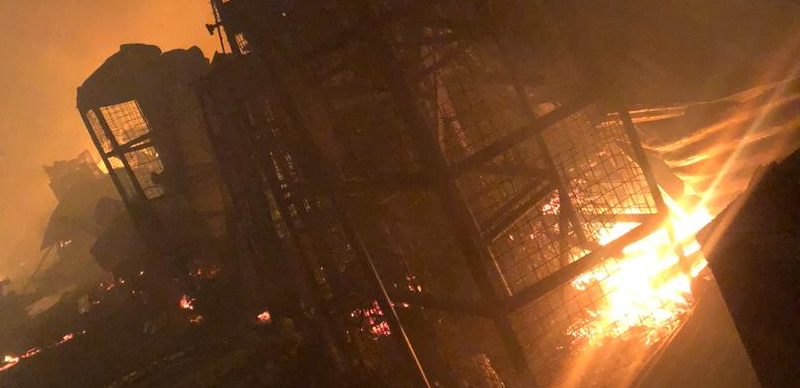
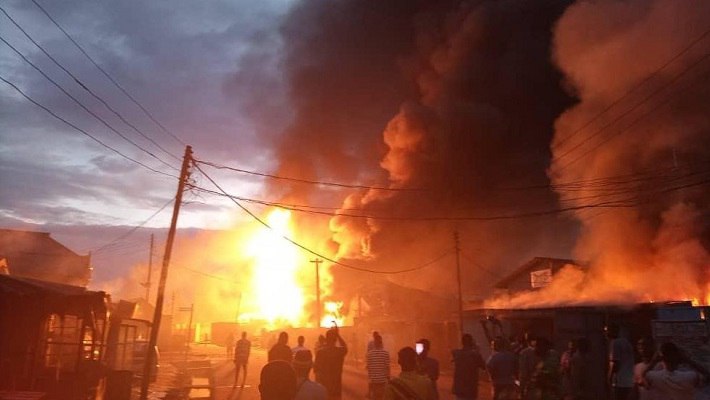
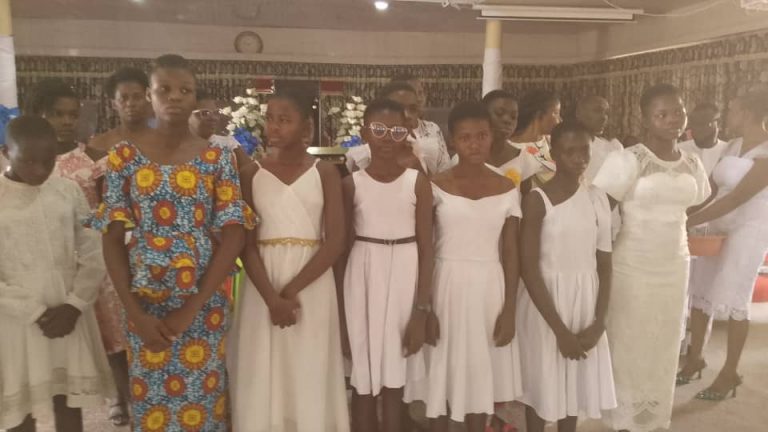

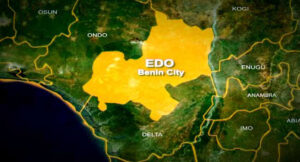
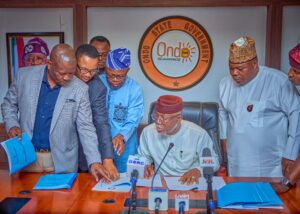
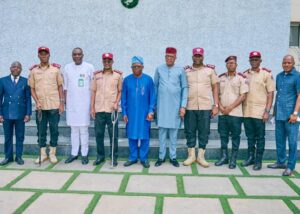
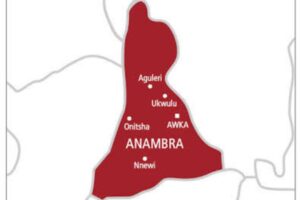

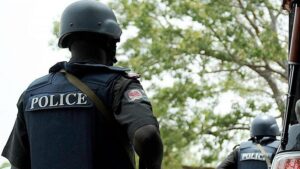

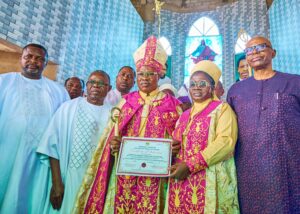
Post Comment